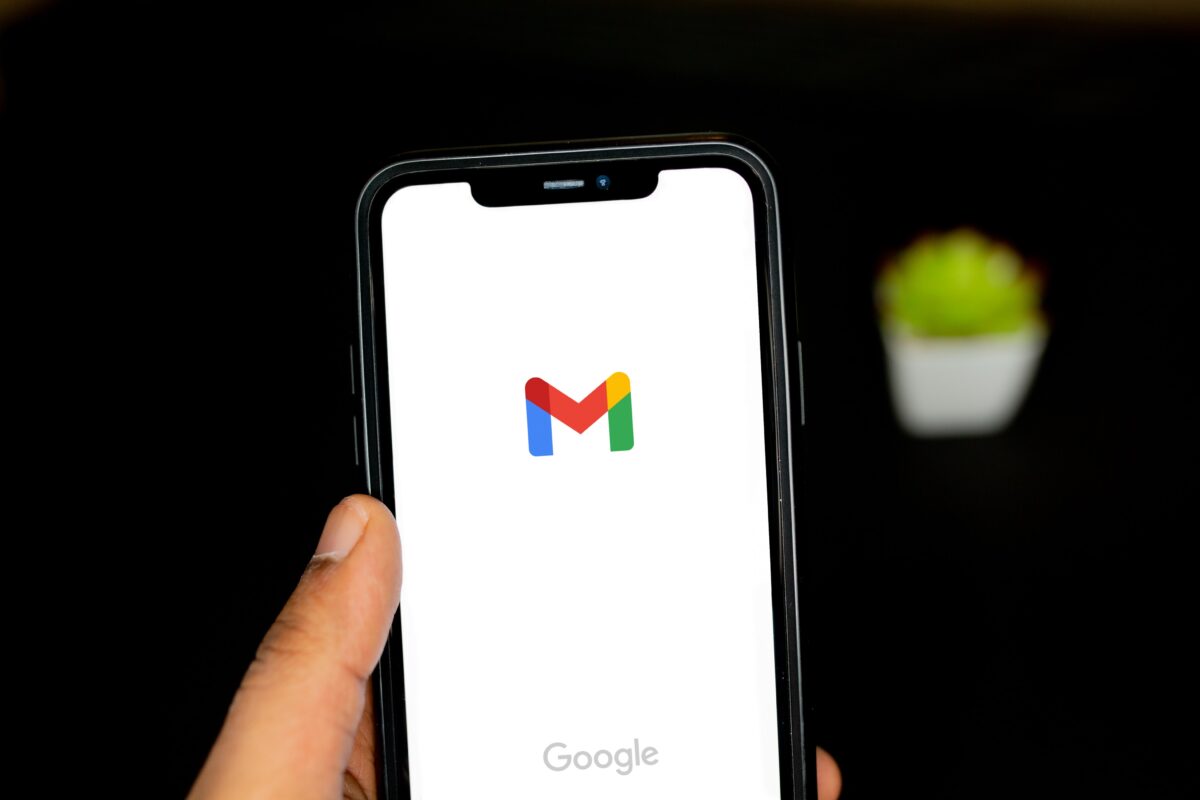We believe that the hourly rate model is the only way for marketing agencies to work and focus on helping agencies implement this model. We’ve seen the other methods in use and they mostly result in eventual failure. Here are the reasons why they don’t work:
Project-based pricing

A project-based model seems like the most reasonable of all marketing agency solutions. This is where a marketing agency can scope a piece of work, set the cost, and then present the fee to a client before gaining approval.
Issue #1
The first issue of working with this model is, what are you using to scope the project?
- Hours?
- Your gut feeling?
- The budget the client said they had?
At the end of the day, your agency needs some kind of system to back your hours so you can make sure that your projects are profitable. The outcome must be income for you or your doors won’t stay open for too long.
Issue #2
Your scope is probably not as concrete as you think. Marketing clients will generally try to “scope creep” you at every turn. They may ask for more revisions or additional content; ultimately it’s more work from you done for the same budget. Unless you are meticulous with the rounds of revisions and the scope of each activity, your clients will likely push the project from profitable to something resembling “pro bono” work.
“Did the last revision actually count? I barely sent you anything.”
“Why can’t you just add a shopping cart to the build, it’s all development right?”
Every single one of you that’s worked at a “marketing agency near me” can probably name more than a handful of moments that sound achingly familiar.
Value-based pricing

Within this model the client has nothing to lose: they are paying for results. Results must be predefined prior to the execution of the contract. The client will then pay for every successful month, usually invoiced monthly.
Issue #1
This model has you failing from the start. Value-based will quickly turn into a subjective fight with clients on the definition of success for their account. Unless you are selling by purely qualified leads, the client isn’t ever going to want to hear it, and they’ll quickly start researching “marketing agency near me” to find different agency solutions. Besides, marketing just doesn’t work that way. Every good marketing strategy starts with a strong educated guess and leads to analysis, refinement, and execution. Rinse. Wash. Repeat.
Issue #2
You can’t control your clients’ internal operations. You could be bringing them great lead after great lead, and they could be screwing them up left and right. Maybe they have a technical glitch in their software, or maybe there’s a confrontational receptionist that has people running. Regardless, you can’t ever have full control of any client’s success.
Hour-based model

Hour allocation is all about the hours that your agency’s employees put in. The client will pay for all hours that the agency works based on their behalf. This model must include some measure of hour-tracking and should meticulously address hard costs associated with marketing activities in order to be successful. There are really two ways you can do it: hour allocations and retainers.
Retainers
This is the most commonly used agency consulting strategy, particularly for the world’s biggest advertising agencies. Simply put, the client sets a budget and the agency puts their time and resources against the retainer. When the retainer is used up, the agency halts work until the next retainer is approved. This process will often work within a recurring time frame (monthly, quarterly, or annually).
This model is probably the most effective for doing quality marketing work but it has the hardest barrier to entry. Most small business marketing clients aren’t willing to dish out large chunks of money without a strong understanding of the ROI of final activities.
Hour allocation model
At Take the Stairs, we are big fans of the hour allocation model. Mostly because it provides buy-in for both the agency and the client in order to move forward. In this model, the agency must set at least one hourly rate. You can set multiple rates for different services or employee levels but generally, we recommend keeping it as simple as possible. The marketing agency can then communicate their rate(s) and work with the client to come up with a monthly allocation of services. The rate can change from month to month depending on activities, but it must be approved before the commencement of new work.
At the end of each month, the agency proposes new work for the client to review and approve, based on either the hours or the services that the client has requested. Once approved, the agency can start the next month’s work. The process continues fluidly month after month. This pushes the client into the decision-making process by having them take ownership of their marketing strategy while allowing their employees to avoid scope creep. You would be amazed by how much clients actually begin to enjoy this model once they get used to it. They tend to behave in one of two ways:
- they either leave you alone and let you do your thing, knowing that they can check on the plan at any time,
- they become more involved and provide you with richer information so you can better spread the company’s message.
The only potential downside is it creates a bit more upfront work from the marketing agency to have a tentative plan for next month already in place. If you work this effort into your monthly allocation, it’s a win-win situation for everyone.








